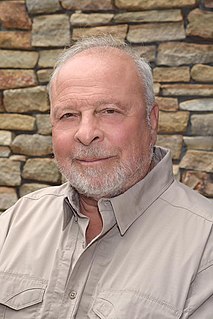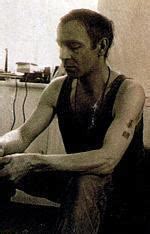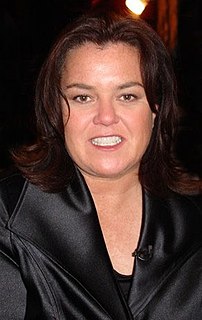A Quote by Dr. Seuss
Writing simply means no dependent clauses, no dangling things, no flashbacks, and keeping the subject near the predicate. We throw in as many fresh words we can get away with. Simple, short sentences don't always work. You have to do tricks with pacing, alternate long sentences with short, to keep it vital and alive.... Virtually every page is a cliffhanger--you've got to force them to turn it."~
Related Quotes
One of the qualities of writing that is not much stressed is its problem-solving aspect, having to do with the presentation of material: how to structure it, what sort of sentences (direct, elliptical, simple or compound, syntactically elaborate), what tone (in art, "tone" is everything), pacing. Paragraphing is a way of dramatization, as the look of a poem on a page is dramatic; where to break lines, where to end sentences.
I go through the text making sure I haven't used any big words. If I find any fancy adjectives have crept in, I replace them with small words like 'nice' and 'big'. I've liked these words ever since I was told not to use them in English class at school. After that, I check that the sentences are short so as people won't get confused and I shorten all the chapters so they won't get bored. I can't read anything complicated these days, my attention span is too short. Everyone else probably feels the same.
I turn sentences around. That's my life. I write a sentence and then I turn it around. Then I look at it and I turn it around again. Then I have lunch. Then I come back in and write another sentence. Then I have tea and turn the new sentence around. Then I read the two sentences over and turn them both around. Then I lie down on my sofa and think. Then I get up and throw them out and start from the beginning.
I write different kinds of sentences, depending on what the book is, and what the project is. I see my work evolving. I'm writing long sentences now, something I didn't use to do. I had some kind of breakthrough, five or six years ago, in Invisible, and in Sunset Park after that. I discovered a new way to write sentences. And I find it exhilarating.
What I'm really involved in when I'm writing is something that no one ever mentions when they see any play. Writing is like trying to make gunpowder out of chemicals. You have these words and sentences and the strange meanings and associations that are attached to the words and sentences, and you're somehow cooking these things all up so that they suddenly explode and have a powerful effect. That's what absorbs me from day to day in writing a play.
Reading activates and exercises the mind. Reading forces the mind to discriminate. From the beginning, readers have to recognize letters printed on the page, make them into words, the words into sentences, and the sentences into concepts. Reading pushes us to use our imagination and makes us more creatively inclined.
People don't talk like this, theytalklikethis. Syllables, words, sentences run together like a watercolour left in the rain. To understand what anyone is saying to us we must separate these noises into words and the words into sentences so that we might in our turn issue a stream of mixed sounds in response.






































